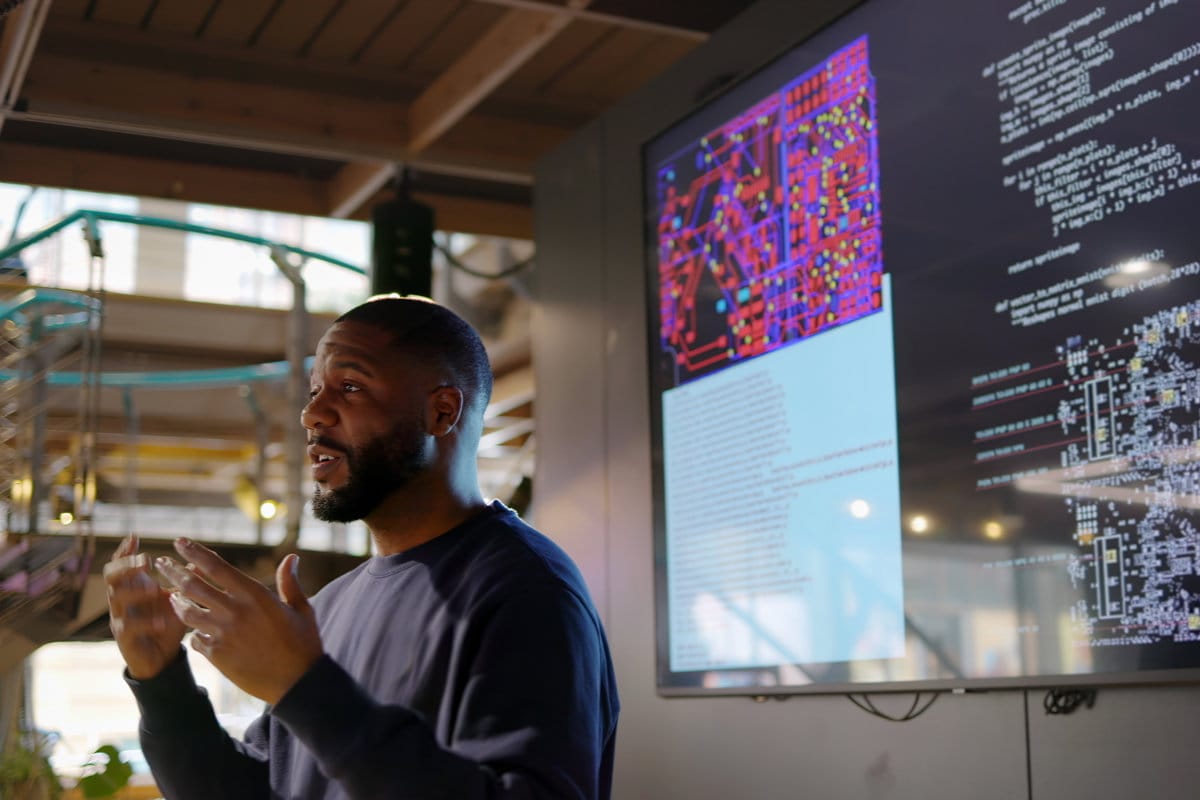Artificial intelligence (AI) offers exciting prospects for future healthcare delivery. Deploying AI can help us improve medical consultations, design personalized treatment plans, and deliver precision medicine. We can implement AI in novel and ethical ways in order to build a healthcare system that works for the 21st century.
Designed as an intensive and interactive survey of AI in health and medical contexts, the Applied AI in Medicine: From Coding to Implementation certificate program will equip you with the necessary tools and knowledge to apply AI in your own field of expertise — whether that is in the hospital, clinic, or laboratory.
With a focus on applied learning through exercises and examples relevant to medicine, you will first learn about the different types of AI architectures, the ethics of AI in medicine, and opportunities for applied AI in medicine. You will then practice programming in Python and gain expertise with this essential language used to code AI applications. Finally, you will become familiar with the unique features of common Python libraries and use them to implement AI applications.
Structure of the Program
-
All learning takes place online within 12 sessions scheduled over 3 weekends
-
39 total hours of live instructional time that combines lecture content and practice to reinforce knowledge (plus optional office hours for additional support)
-
Resource material available for reference and additional learning
-
Exercises to apply knowledge learned through the program
Faculty
Alireza Sadeghian is Professor in the Department of Computer Science at Toronto Metropolitan University, where he teaches courses in Deep Learning, Soft Computing, and Machine Intelligence. His teaching has been recognized with an Outstanding Contribution to Graduate Education Award from the Yeates School of Graduate Studies and a Teaching Excellence Award from the Faculty of Engineering & Applied Science. He is also an Affiliate Scientist at the Li Ka Shing Knowledge Institute and Keenan Research Centre for Biomedical Science within St. Michael’s Hospital.

Learning Objectives
- Apply Python programming knowledge, algorithms, tools and libraries in software development
- Design and evaluate Python solutions and processes based on the specified requirements
- Analyze and solve medically related practical computing problems
- Process, clean, manipulate, analyze, and visualize data using relevant Python libraries
Who is this program for?
This certificate program is for health professionals interested in applying AI in health and medicine, as well as decision makers invested in implementing AI for research and operational initiatives.
No previous programming, mathematics, or computer science knowledge is required. Those with prior coding experience will also find something new in this program and have the opportunity to advance their technical skills.
This certificate program is designed for:
- Specialist Physicians and Surgeons
- Primary Care Physicians
- Allied Health Professionals
- Researchers, Scientists, and Clinician Investigators
- Residents, Fellows, and Trainees



